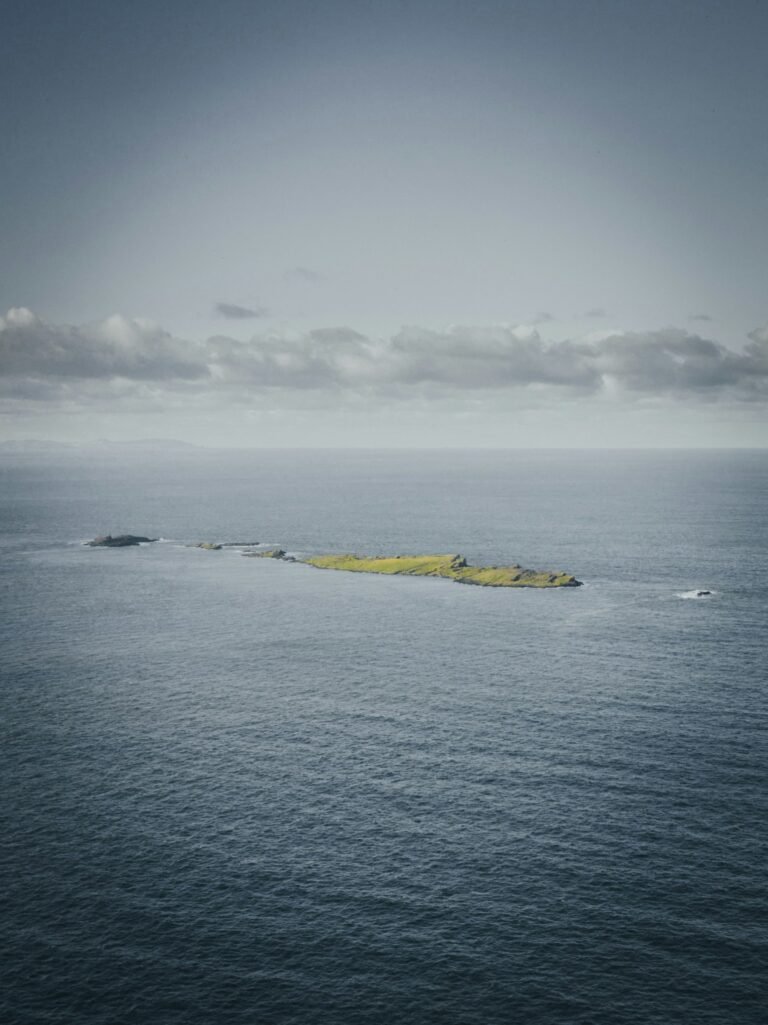Forestry Industries Ireland (FII) has highlighted the concerning shift in Ireland’s commercial forestry sector, describing it as a “small, niche activity” compared to its once expansive scale. The industry group, representing businesses in forestry and timber, is urging the government to enhance scalability within the sector. FII emphasizes that the deceleration in Irish forestry growth poses a threat to the country’s climate targets. It estimates that Ireland could save approximately €1 billion in carbon costs by achieving its forest cover goal for 2050.
Mark McAuley, the director of FII, underscores the pivotal role of forestry in Ireland’s climate objectives. He notes that in the 1990s, Ireland was planting over 20,000 hectares annually, primarily focusing on conifers and the development of national timber resources. McAuley stresses that this level of scale is crucial for forestry to contribute significantly to climate targets. However, the current planting rate has plummeted to around 2,000 hectares per year due to mounting restrictions and the erosion of the commercial forestry model. McAuley laments the exclusion of substantial land areas and the declining prioritization of conifers.
According to McAuley, the Irish forestry strategy necessitates a robust emphasis on financial incentives for farmers and the promotion of conifer-based commercial forestry. He advocates for a pragmatic approach to forestry planning, emphasizing the importance of planting economically viable forests that benefit private landowners and provide essential timber resources for construction and the transition to a low-carbon future. McAuley stresses the need to align forestry practices with real-world economic considerations to incentivize landowners to engage in tree planting.
The FII director warns against relying solely on nature forestry and native woodlands to drive Ireland’s forestry expansion, asserting that a scalable model must prioritize commercial viability to attract farmers to participate in large-scale planting initiatives. McAuley emphasizes the vital role of forestry in diversifying agricultural land use and combating climate change. He underscores the necessity of pursuing ambitious forestry targets that encompass significant areas of commercial forests, rather than solely focusing on small native woodland plots.
In conclusion, FII’s call for a revitalization of Ireland’s commercial forestry sector underscores the critical need for a pragmatic and financially sustainable approach to drive growth and support the country’s climate objectives. The emphasis on scalability, economic viability, and the integration of commercial forestry into land use planning is essential to harnessing the full potential of Ireland’s forestry resources in the fight against climate change.





